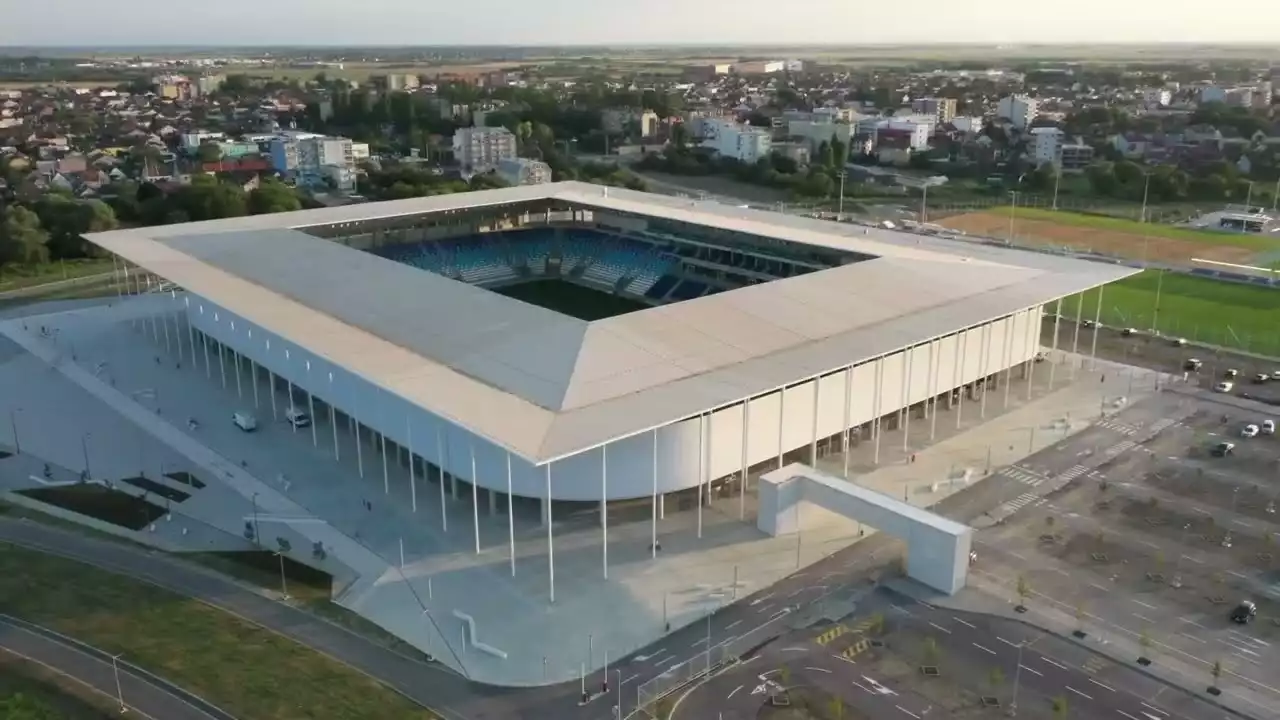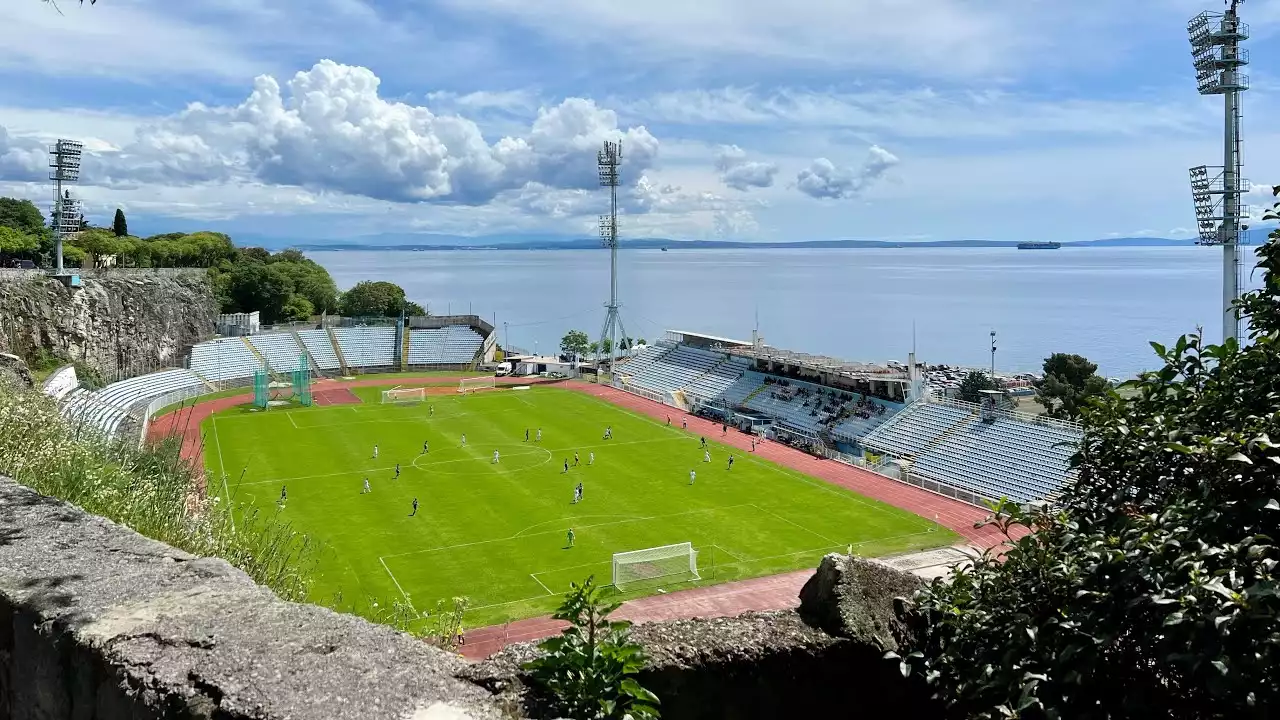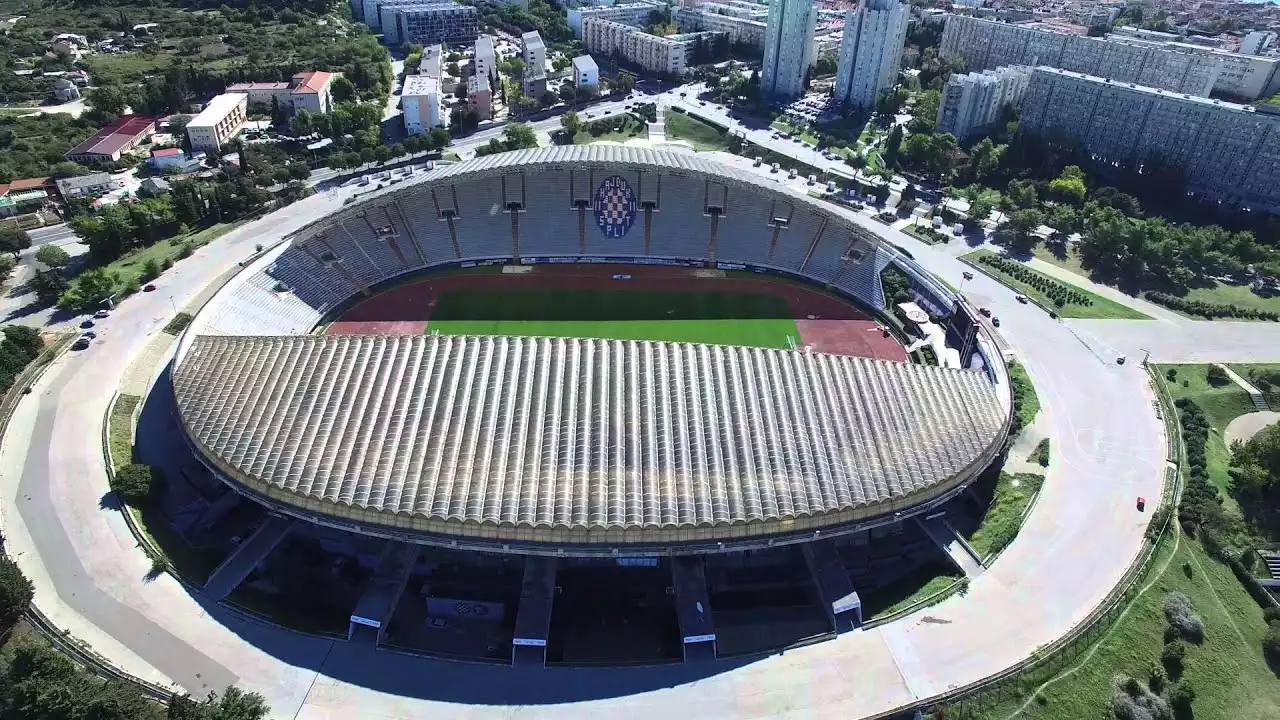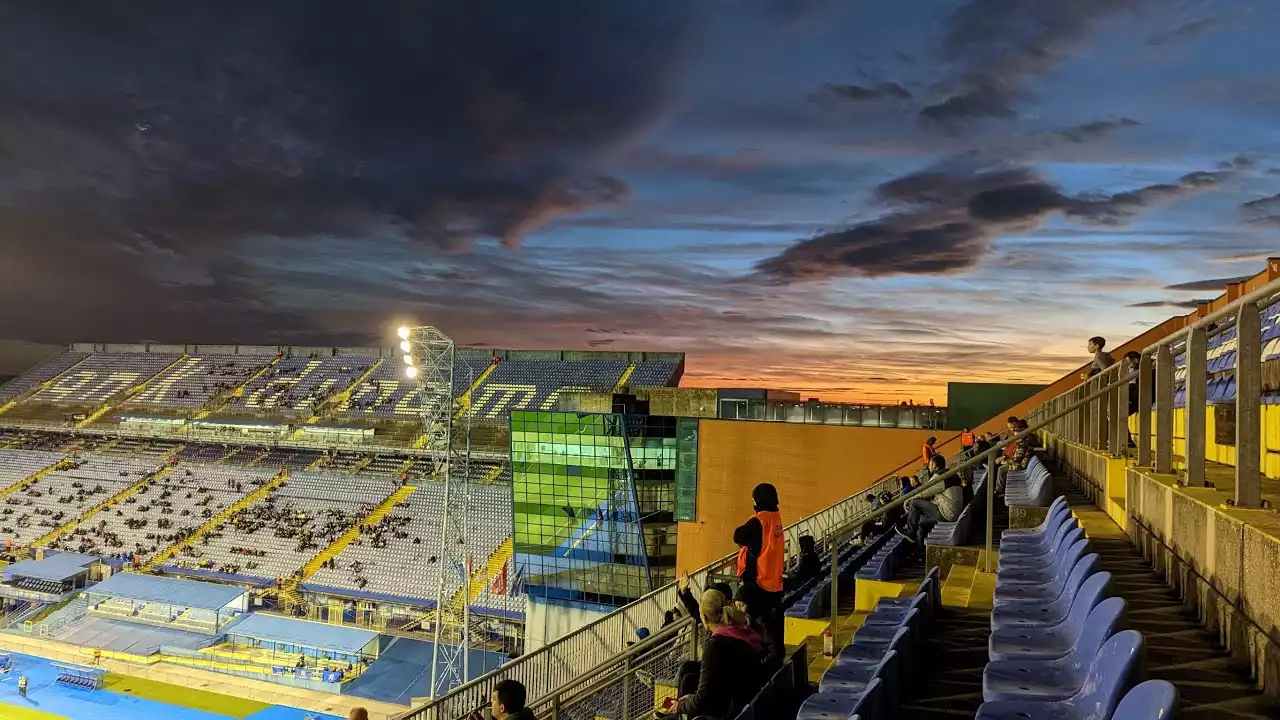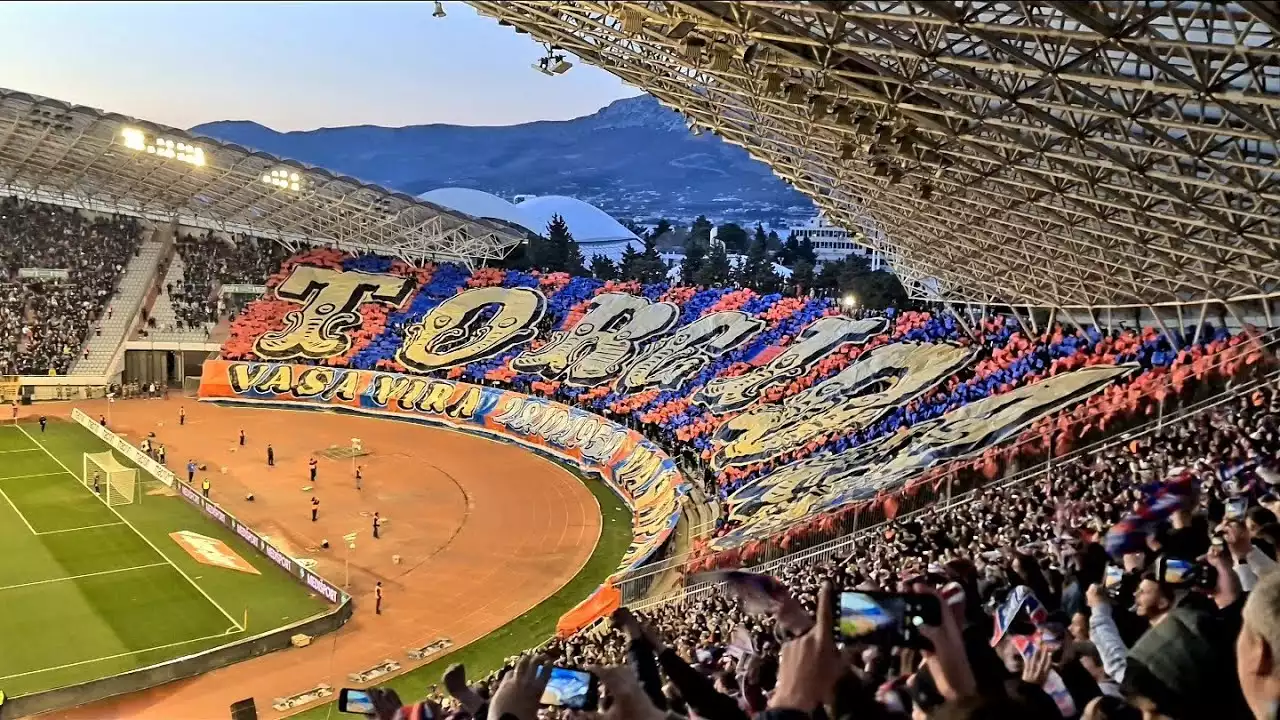Importance of stadiums in football
Stadiums are more than just physical structures; they are the beating heart of football. They serve as the backdrop for thrilling victories, heart-wrenching defeats, and passionate celebrations. The atmosphere within these hallowed grounds can inspire players to perform beyond their limits and unite fans in a shared love for the game. In Croatia, the stadiums have become a symbol of national pride and a testament to the country's rich footballing history.
Maksimir Stadium - The home of Croatian football
One cannot discuss Croatian football without mentioning Stadion Maksimir. Located in the heart of Zagreb, this historic stadium has been the home of the Croatian national team since its independence in 1991. With a seating capacity of over 35,000, Maksimir Stadium has witnessed countless memorable matches, including Croatia's famous victory over England in the UEFA Euro 2008 qualifiers. The passionate atmosphere generated by the home fans has earned the stadium a reputation as one of the most intimidating venues in European football.
Poljud Stadium - The symbol of Hajduk Split
Poljud Stadium, situated in the coastal city of Split, is not only a football ground but also a work of art. Designed by renowned architect Boris Magaš, the stadium's unique structure and sweeping roof have made it an architectural masterpiece. Home to Hajduk Split, one of Croatia's most successful clubs, Poljud Stadium has witnessed some of the team's most memorable triumphs. The passionate Hajduk fans, known as Torcida, create an electric atmosphere that reverberates throughout the stadium, making it a fortress for the home team.
Kantrida Stadium - The unique coastal venue
Nestled against the stunning backdrop of the Adriatic Sea, Stadion Kantrida in Rijeka is a stadium like no other. Its unique location and panoramic views make it one of the most picturesque venues in the world. Kantrida Stadium has been the home ground of HNK Rijeka since 1946 and has witnessed the club's rise to prominence. The stadium's compact size, coupled with its proximity to the sea, creates an intimate atmosphere that brings fans closer to the action. From dramatic comebacks to unforgettable victories, Kantrida Stadium has etched its name in Croatian football folklore.
Rujevica Stadium - The modern home of HNK Rijeka
In 2015, HNK Rijeka moved to their new home, Rujevica Stadium, leaving behind the historic Kantrida Stadium. This state-of-the-art facility has a seating capacity of over 8,000 and boasts modern amenities that enhance the matchday experience for fans. Rujevica Stadium has become a symbol of the club's ambition and aspirations for the future. With its top-notch facilities and cutting-edge technology, the stadium has positioned HNK Rijeka as one of the leading clubs in Croatian football.
Gradski Vrt Stadium - The historical venue of NK Osijek
Located in the city of Osijek, Gradski Vrt Stadium is the home ground of NK Osijek. This historic venue has witnessed many memorable encounters over the years, with the passionate Osijek fans creating an electrifying atmosphere. The stadium's rich history and unique architecture make it a must-visit for football enthusiasts. Gradski Vrt Stadium has played a vital role in the development of Croatian football, nurturing local talent and providing a platform for the team to showcase their skills.
Impact of these stadiums on Croatian football
These stadiums have had a profound impact on Croatian football, shaping the nation's sporting identity and inspiring generations of players and fans. The spine-tingling atmosphere, the roar of the crowd, and the historic moments witnessed within these hallowed grounds have become part of the fabric of Croatian football. They have become symbols of national pride and a reflection of the country's passion for the beautiful game.
Future stadium developments in Croatia
As Croatian football continues to grow, so does the need for modern and state-of-the-art stadiums. The success of the national team and the growing popularity of the domestic league have sparked interest in stadium developments across the country. Plans for new stadiums and renovations of existing ones are underway, aimed at providing fans with world-class facilities and enhancing the matchday experience. These developments will not only raise the standard of Croatian football but also attract international events and showcase Croatia as a footballing nation on the global stage.
The stadiums in Croatia are not just venues for football matches; they are the lifeblood of the sport. From the historic Maksimir Stadium to the breathtaking Poljud Stadium, each venue carries its own unique story and has left an indelible mark on Croatian football. These stadiums have become symbols of national pride and a testament to the passion and dedication of players and fans alike. As Croatia continues to write new chapters in its footballing history, these iconic stadiums will forever hold a special place in the hearts of the nation.
